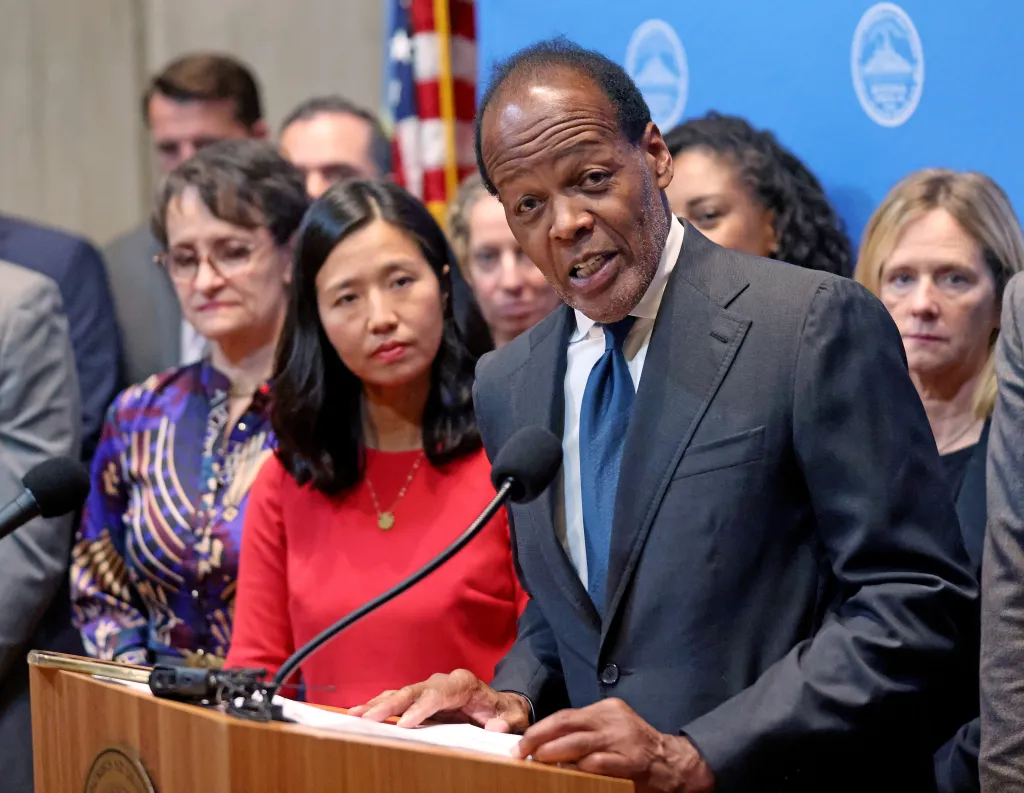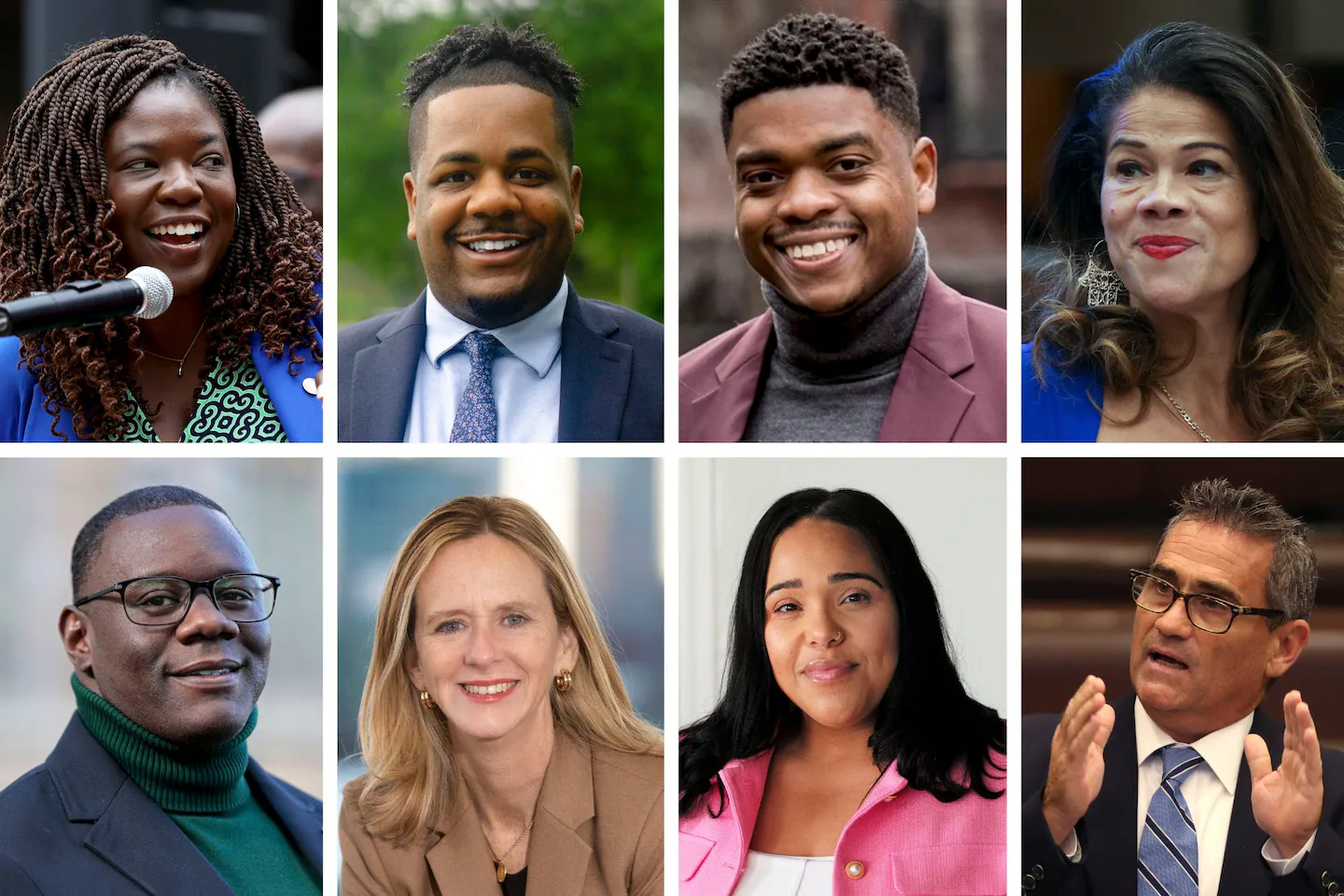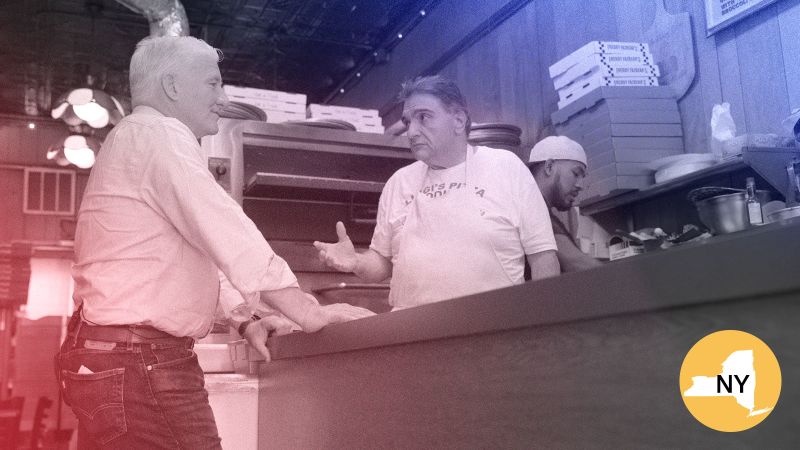Copyright The Boston Herald

Two judges, one in Boston and the other in Providence, told the Trump administration to keep serving up SNAP. That means 1 million people who rely on food stamps in Massachusetts, and 40-plus million nationwide, won’t have their benefits run out today. Friday’s decisions follow the lawsuit 25 Democratic-controlled states — including Massachusetts — filed this week in Boston federal court after the USDA agriculture agency warned that “the well has run dry” for SNAP benefits. The two judges ruled the government must use emergency reserve funds to fund the program. This all comes as the government shutdown hits 31 days today. The SNAP benefits, which average around $187 a month per recipient, cost the federal government about $8 billion to provide each month, the New York Times reports. “At core, Defendants’ conclusion that USDA is statutorily prohibited from funding SNAP because Congress has not enacted new appropriations for the current fiscal year is erroneous,” Boston US District Judge Indira Talwani wrote in her 15-page order. In Rhode Island, US District Judge John J. McConnell ruled from the bench that the SNAP program must be funded with the emergency monies and asked for a progress report from the feds by Monday, the New York Post reported. President Donald Trump called for the U.S. Senate to “initiate the nuclear option” and give up the filibuster because the Democrats “have gone stone cold crazy.” That rule requires 60 votes to overcome objections, with Senate Republicans holding a 53-47 majority. The gambit was not adopted on Friday. Trump also wrote on Truth Social last night he doesn’t want “Americans to go hungry,” so he will work with his administration to keep funding SNAP. But, he added, “Radical Democrats refuse to do the right thing and REOPEN THE GOVERNMENT.” Prior to the court’s decisions, Boston Mayor Michelle Wu blasted the president for “(playing) politics with hunger,” while laying out ways the city planned to keep feeding low-income residents. “We are gathered here from across the region because we will never back down from fulfilling the promise of the America our cities have fought to create,” Wu said Friday at a City Hall press conference. “In our city, food isn’t a bargaining chip. It’s a human right.” Wu announced a new partnership between the City of Boston and The Boston Foundation to provide relief for low-income residents and families. It involves the creation of an emergency support fund, with a $1 million initial investment, that will be used to help residents pay for groceries and other basic needs, she said. The mayor also announced a citywide outreach effort “to ensure all residents have every possible resource to afford food and basic necessities.” More than 140,000 Boston residents — or one-fifth of Boston residents and 89,000 households — participated in SNAP in September. The average monthly benefit is $323 per household, Wu’s office said. An average of $30 million per month in SNAP dollars were spent at Boston grocery stores, farmers markets and other food retailers last year. More than half of Boston’s SNAP spending occurs in the low-income minority communities of Roxbury, Dorchester, Mattapan and Hyde Park. “While the president plays politics with hunger, Boston is determined to protect our residents with every possible resource and stand with our community fighting back against these illegal and immoral actions,” Wu said. Judge Talwani ruled in a written opinion that the USDA has to pay for SNAP, calling the suspension “unlawful,” and she ordered the federal government to advise the court by Monday as to whether they will use the emergency reserve funds to provide reduced SNAP benefits for November or fully fund the program “using both contingency funds and additional available funds.” Herald wire services contributed



